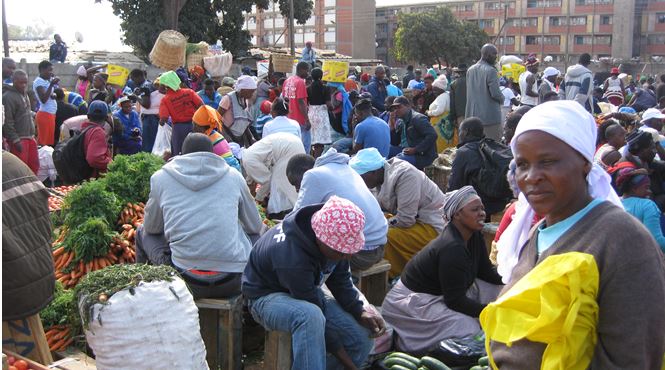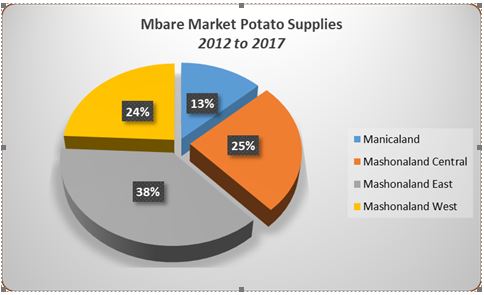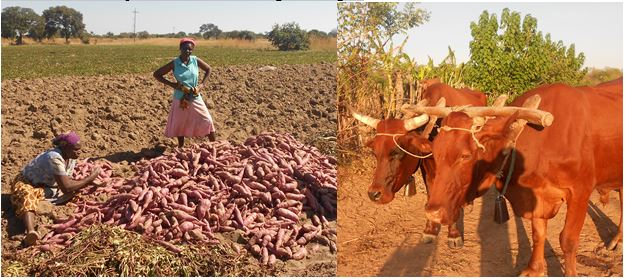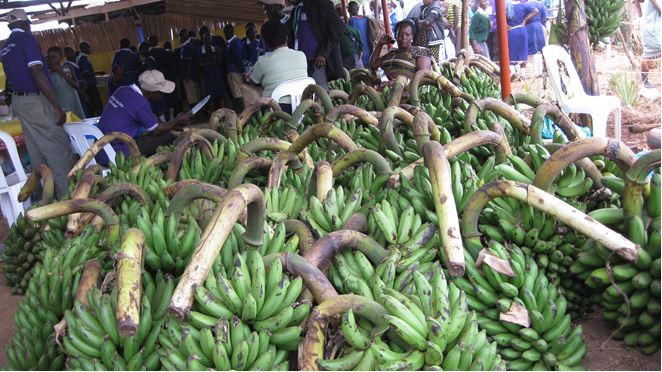Asking and answering fundamental questions through informal markets
Street markets or roadside food markets have remained a permanent feature in most developing countries. The fact that these markets continue to flourish alongside emerging shopping malls shows they occupy a unique position in commercial activities. Informal markets were previously designed for disadvantaged, low income households with ad hoc incomes who were considered not able Read more about Asking and answering fundamental questions through informal markets[…]










